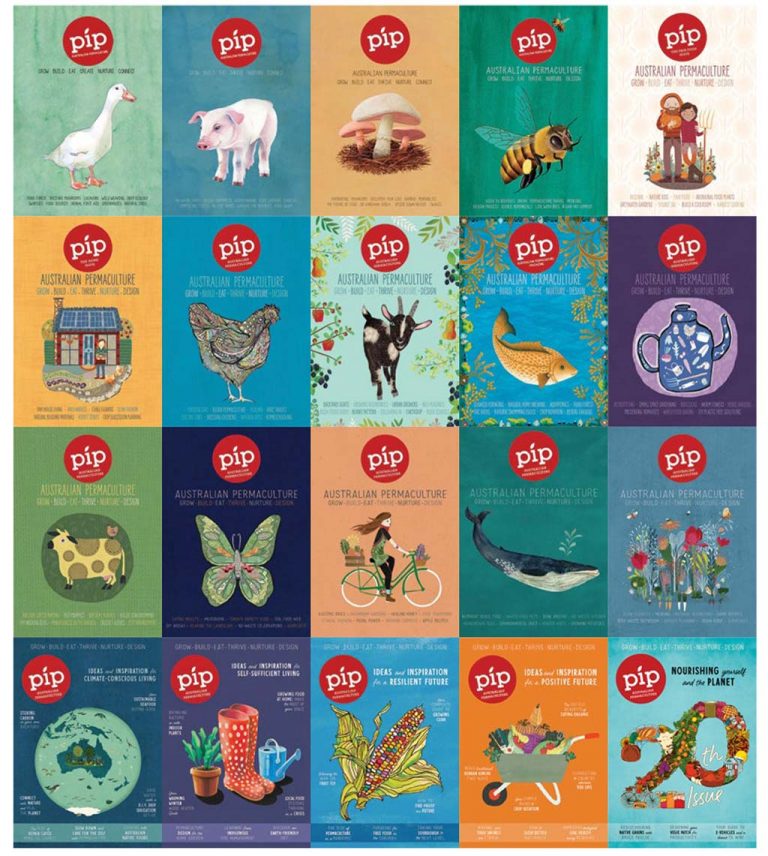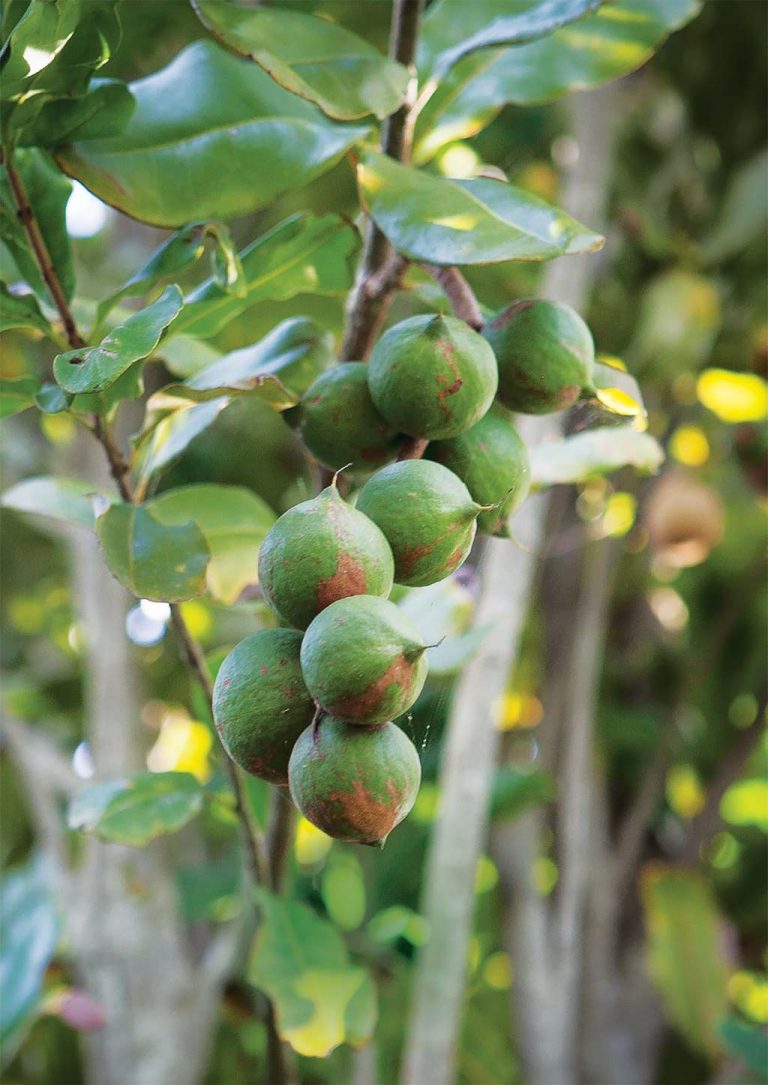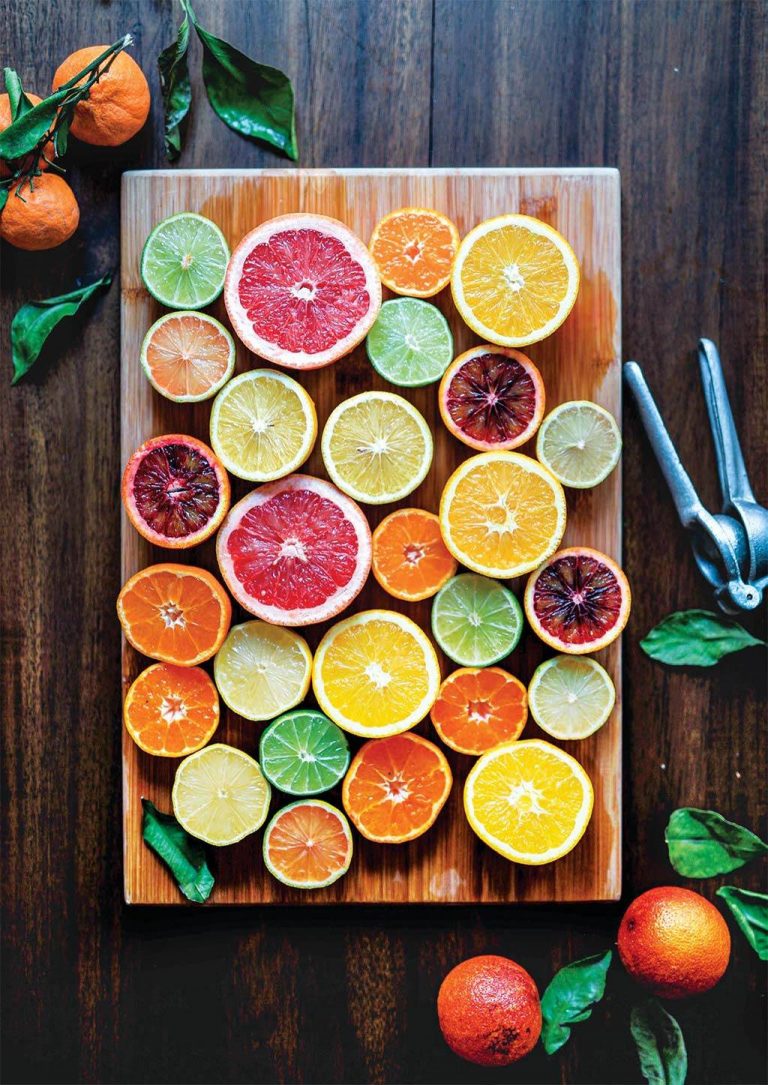Pip Noticeboard

Welcome to the milestone of Pip’s 20th issue! An idea conceived a decade ago by founding editor Robyn Rosenfeldt who was not only committed to reducing her and her young family’s impact on the planet, but who wanted to inform, inspire and encourage people all around the country to do the same.
Through relentless hard work and from humble beginnings, Pip has grown from a great idea and flourished into a highly respected media company to which readers, followers and listeners turn to for well-informed and inspirational content whenever and however they want it. And as Robyn wrote in her very first editorial in Issue 1 back in 2014, ‘This magazine is for you.’ And we can’t wait to bring you the next 20!




